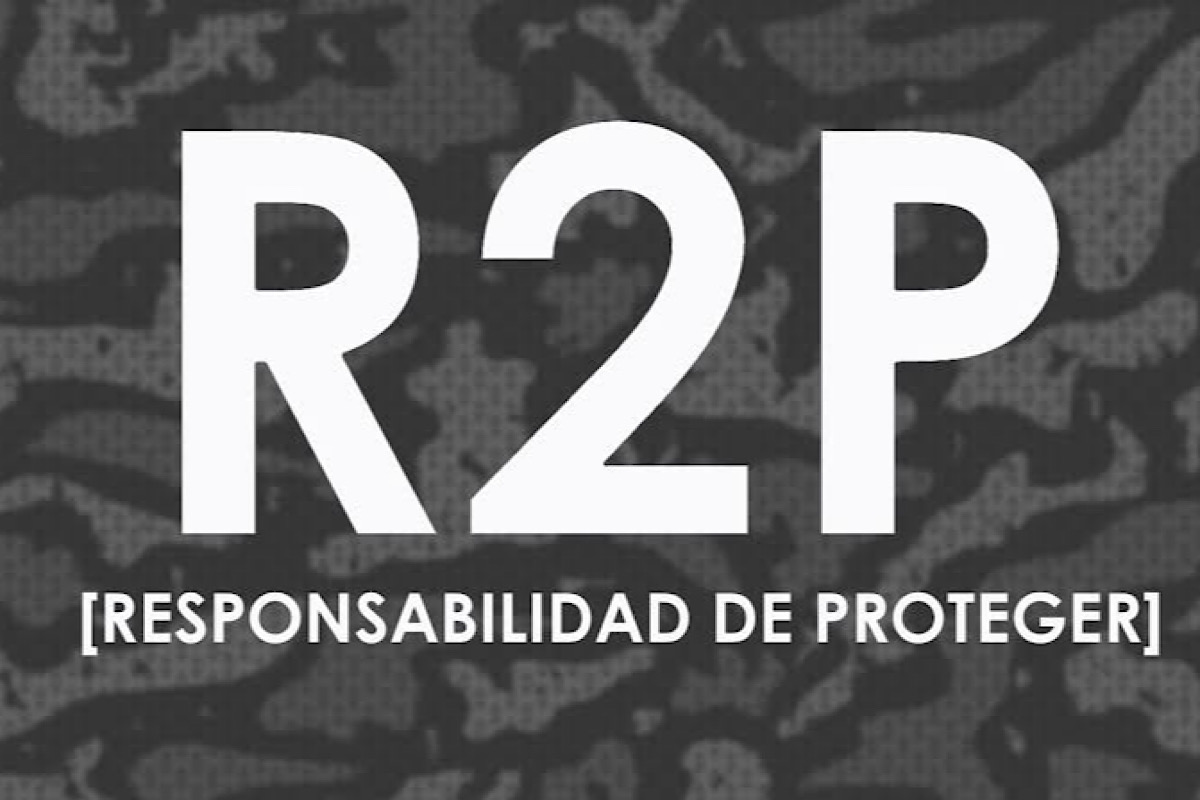As the world marks mark the sombre anniversary of the Rwandan genocide, it is imperative to reflect on the legacy of this tragic chapter in human history and its profound implications for global peace and security. Thirty years have passed since the world stood by and watched as hundreds of thousands of innocent lives were brutally extinguished in a matter of weeks. The haunting images of neighbours turning against neighbours, of peacekeepers failing to intervene, and of political calculations trumping humanitarian imperatives, continue to serve as a stark reminder of the international community’s collective failure to prevent mass atrocities.
In the aftermath of Rwanda, the concept of the “responsibility to protect” (R2P) emerged as a beacon of hope ~ a commitment by the world’s nations to intervene, by force if necessary, to prevent genocide and other egregious crimes against humanity. Yet, despite the noble intentions behind R2P, its implementation has fallen short in the face of geopolitical realities. The Rwandan genocide was not an isolated event but a harbinger of a new era of violence and impunity. From Bosnia to Syria, from Myanmar to Ethiopia, the world has witnessed a disturbing pattern of mass killings, displacement, and humanitarian crises, often met with indecision and inaction. The failure to effectively respond to these atrocities underscores the inherent challenges of translating moral imperatives into concrete action. One of the key obstacles to the effective implementation of R2P is the inherent tension between sovereignty and intervention.
Advertisement
While the principle of non-interference in the internal affairs of sovereign states is enshrined in the UN Charter, the spectre of genocide and other grave crimes against humanity demands a re-evaluation of traditional notions of sovereignty. Attempts to reconcile these competing interests have been stymied by geopolitical rivalries and narrow national interests, as evidenced by the paralysis of the UN Security Council in the face of atrocities in Syria and elsewhere. Moreover, the limitations of international institutions and legal mechanisms have also hampered efforts to hold perpetrators accountable. While the International Court of Justice has played a crucial role in prosecuting war crimes and crimes against humanity, jurisdiction is often limited, and effectiveness dependent on the cooperation of member states.
The recent case before the ICJ regarding the conflict in West Asia highlights the complexities of pursuing justice in an era of geopolitical divides and contested narratives. In light of these challenges, it is incumbent upon the global community to recommit itself to the principles enshrined in R2P and to seek innovative approaches to preventing mass atrocities. This requires not only political will but also sustained engagement with civil society, regional organisations, and other stakeholders. Only by working together can we hope to honour the memory of the victims of past atrocities and prevent more such crimes, As we reflect on the lessons of Rwanda, let us renew our collective resolve to build a world where the promise of “never











